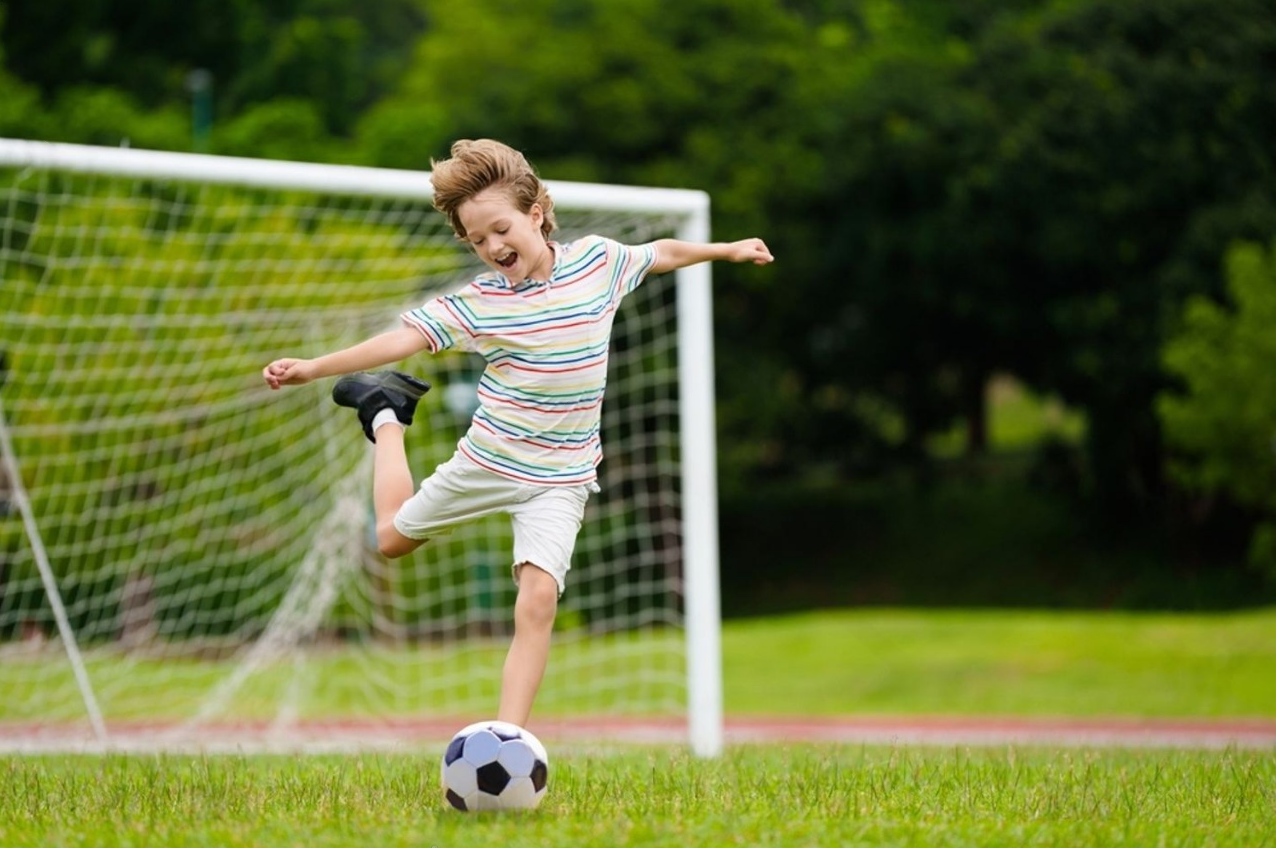
Supporting Student-Athletes After a Concussion: Key Insights for Football Professionals
Supporting Student-Athletes After a Concussion: Key Insights for Football Professionals
Supporting Student-Athletes After a Concussion: Key Insights for Football Professionals. Supporting student-athletes after a concussion Concussions are a serious issue in youth sports, particularly in football, where the risk of head injuries is especially high. For professionals working with young athletes, it is crucial to understand that concussions not only affect physical health but also significantly impair the athletes’ ability to return to school and perform academically.
A recent study published in the Journal of School Health highlights the role of school-based support measures in helping student-athletes recover after a concussion. Teachers and administrators from Canada shared their perspectives, showing how schools can better support student-athletes in returning to learning. For referees, coaches, and health professionals, there are important insights into how we can work together with schools to improve the recovery process of young football players.
The Need for Academic Accommodations
After a concussion, student-athletes often struggle with symptoms such as headaches, memory problems, and sensitivity to noise, which make everyday school life difficult. According to the study, 96% of teachers believe that support measures—such as extended deadlines or breaks during class—are essential to allow students to recover without falling behind academically. However, not all accommodations are easy to implement.
While providing additional time or support is relatively easy to implement, it is more difficult to ensure conditions such as dimmed lighting or reduced noise levels in busy school environments. As professionals working closely with these students, we must acknowledge these limitations and communicate effectively with teachers so that athletes receive the necessary support both on and off the field.
Concussion Management Plans and Collaboration
One key finding of the study was that fewer than half of schools had formal concussion management plans. Schools with such plans were much more likely to provide support measures and ensure consistent assistance for students. As coaches, referees, and health professionals, we must advocate for management plans that include not only return-to-play protocols but also return-to-learn strategies.
Collaboration between football professionals and schools is essential. We play a key role in monitoring athletes’ recovery, and through close cooperation with educators we can ensure that students receive consistent support throughout the entire recovery process. Having a designated point of contact at the school—whether a teacher or an administrator—who coordinates the academic accommodations can significantly improve the recovery experience.
Communication Is Key
Effective communication between teachers, healthcare providers, and football professionals is crucial for concussion management. According to the study, while teachers had strong communication with students, they reported difficulties in exchanging information with healthcare professionals. As coaches and healthcare providers, we can help close this gap by regularly providing feedback to schools, sharing information on the athlete’s recovery, and ensuring that the support measures are appropriate.
Supporting Student-Athletes After a Concussion: Recommendations for Football Professionals
-
Advocate for management plans: Schools should adopt plans that include both return-to-play and return-to-learn protocols.
-
Stay involved in the recovery process: Coaches, referees, and healthcare professionals should maintain contact with schools and monitor students’ progress.
-
Promote education: Concussion education should include not only athletes, but also their families, teachers, and all school staff.
-
Collaborate with schools: Close cooperation with teachers and administrators ensures that academic support measures are realistic and effective.
Supporting Student-Athletes After a Concussion: Conclusion
Our responsibility as football professionals goes beyond the field. It is crucial that student-athletes are well supported in returning to school after a concussion—for their full recovery and long-term success. By working with schools and advocating for strong management plans, we can make a significant contribution to the health and academic success of young athletes.


